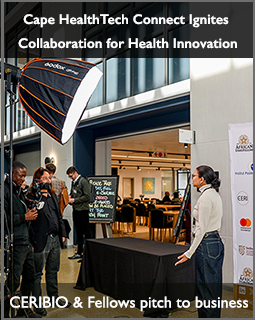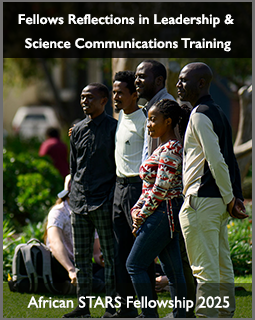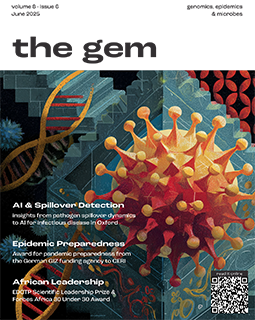UKZN Research Centres Collaborate to Celebrate World AIDS Day
The Health Economics and HIV and AIDS Research Division (HEARD) in collaboration with CAPRISA, SATuRN/Africa Centre and the University of KwaZulu-Natal Press hosted Getting to Zero: Showcasing KZN Research on HIV and AIDS on 14 November at the KZNSA Gallery.
The event brought together over 150 people from research, educational and government institutions working in the field of HIV and AIDS to discuss latest research developments and scientific trends in prevention and treatment ahead of World AIDS Day.
The event was spearheaded by HEARD which invited partners in the field, the Centre for the AIDS Programme of Research in SA (CAPRISA), the Africa Centre/SATuRN and UKZN Press to participate in showcasing latest HIV related research and materials.
The theme for the event was: Getting to Zero: Zero New Infections, Discrimination and AIDS-related Deaths, and one of the highlights was the screening of HEARD's documentary titled: Manguzi: Raising Children in Rural South Africa, which had its premier recently at the International AIDS Conference in Washington DC.
The documentary provided the audience with a personal account of the challenges faced by caregivers of children in HIV- endemic communities in South Africa. The documentary follows the world's first large-scale quantitative study of the impacts of familial HIV and AIDS on children. The life expectancy for the Manguzi area is 43 years.
According to the documentary, 5,6 million people in South Africa live with HIV which is the largest number in the world; 1,9 million South African children have lost one or both parents to AIDS, and 74% of households care for orphaned children.
The documentary also showcased the challenges infected people face in being accepted in the community.
Representatives from CAPRISA, HEARD and the Africa Centre presented work of the organisations and their current research findings.
CAPRISA's Head of Community Programme, Ms Janet Frohlich, told the audience about their microbicide research, including the vaginal microbicide study undertaken in 2010 - the CAPRISA 004 Tenofovir Gel Trial.
The study showed that microbicides could provide women with some protection from HIV infection. CAPRISA continues to undertake research for a safe and effective microbicide that could have a profound impact on the dynamics of HIV transmission.
Dr Katharine Stott, HIV Programme Physician at the SATuRN/Africa Centre, said there was a provable reduction in infections but there was still a problem with HIV and TB drug resistance.
UKZN Press's Ms Debra Prim spoke about the publisher's range of books on HIV/AIDS. The books were showcased and on sale at the event,
HEARD's Research Director, Dr Kay Govender, highlighted HEARD's core research areas the Division was involved in. He told the audience about the Young Carers Project - a multi-agency collaboration between HEARD, the Universities of Cape Town and Witwatersrand, the University of Oxford and the South African government. The project aims to inform policy and programming in order to improve the health and wellbeing of children and their families in South Africa.
Executive Director of HEARD, Professor Alan Whiteside, thanked the audience, the HEARD team and the participating organisations for making the project happen and for its success.
News date: 2012-11-29
Links:
http://www.ukzn.ac.za/news/2012/11/29/ukzn-research-centres-collaborate-to-celebrate-world-aids-day
Publication cited
Searching for Virus Phylotypes. Chevenet F, Jung M, Peeters M, de Oliveira T, Gascuel O, Bioinformatics (2013), 29 (5):561-570.











